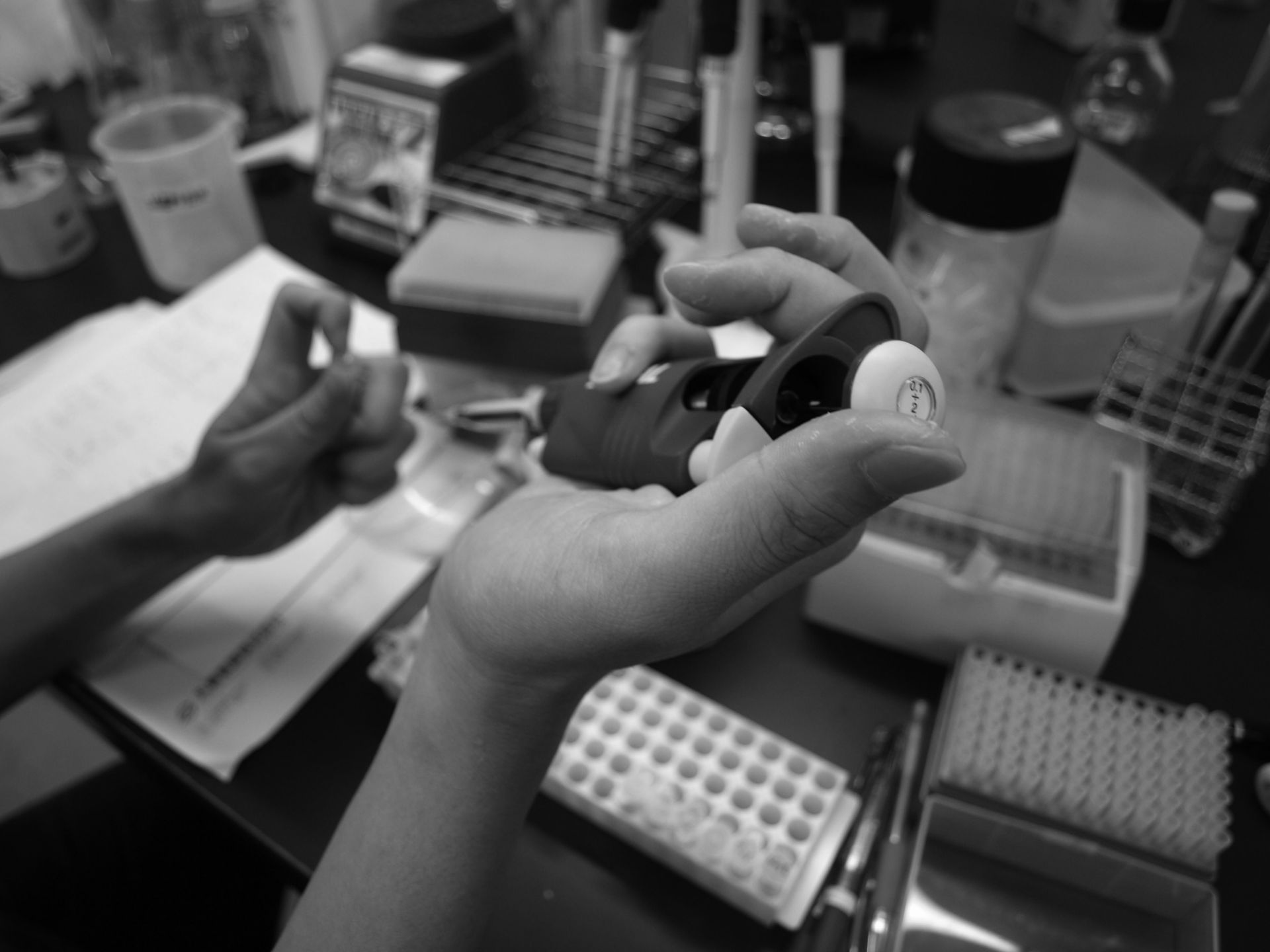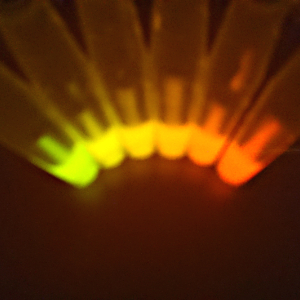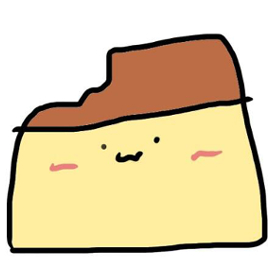Team:KIT-Kyoto/Test/About
From 2014.igem.org
| (9 intermediate revisions not shown) | |||
| Line 3: | Line 3: | ||
{{Team:KIT-Kyoto/SlideShow}} | {{Team:KIT-Kyoto/SlideShow}} | ||
{{Team:KIT-Kyoto/navi}} | {{Team:KIT-Kyoto/navi}} | ||
| + | {{Team:KIT-Kyoto/close_navi}} | ||
{{Team:KIT-Kyoto/Scroll}} | {{Team:KIT-Kyoto/Scroll}} | ||
{{Team:KIT-Kyoto/team}} | {{Team:KIT-Kyoto/team}} | ||
| Line 10: | Line 11: | ||
<!--サイドメニュー--> | <!--サイドメニュー--> | ||
<ul id="nav5"> | <ul id="nav5"> | ||
| - | <li class="menuimg"><a href="/Team:KIT-Kyoto | + | <li class="menuimg"><a href="/Team:KIT-Kyoto">home</a></li> |
</ul> | </ul> | ||
<div class="active"> | <div class="active"> | ||
| Line 19: | Line 20: | ||
<li class="btn"><a href="">Team Members</a></li> | <li class="btn"><a href="">Team Members</a></li> | ||
<li><a href="https://igem.org/Team.cgi?year=2014&team_name=KIT-Kyoto">Official team profile</a></li> | <li><a href="https://igem.org/Team.cgi?year=2014&team_name=KIT-Kyoto">Official team profile</a></li> | ||
| - | <li><a href="/Team:KIT-Kyoto/ | + | <li><a href="/Team:KIT-Kyoto/Acknowledgements">Acknowledgements</a></li> |
</ul> | </ul> | ||
<ul id="nav5"> | <ul id="nav5"> | ||
| - | <li class="menuimg"><a href="/Team:KIT-Kyoto | + | <li class="menuimg"><a href="/Team:KIT-Kyoto/Project">project</a></li> |
| - | <li class="menuimg"><a href="/Team:KIT-Kyoto | + | <li class="menuimg"><a href="/Team:KIT-Kyoto/Modeling">Modeling</a></li> |
<li class="menuimg"><a href="/Team:KIT-Kyoto/HumanPractice">policy & practices</a></li> | <li class="menuimg"><a href="/Team:KIT-Kyoto/HumanPractice">policy & practices</a></li> | ||
| - | <li class="menuimg"><a href="/Team:KIT-Kyoto | + | <li class="menuimg"><a href="/Team:KIT-Kyoto/Notebook">Notebook</a></li> |
</ul> | </ul> | ||
</div> | </div> | ||
| Line 38: | Line 39: | ||
<p class="sentence">KIT, Kyoto Institute of Technology, is a national university in Kyoto, which had been the capital city of Japan for more than a thousand years. KIT was founded to do research on silk and textile, important for artistic kimono industries for Kyoto. | <p class="sentence">KIT, Kyoto Institute of Technology, is a national university in Kyoto, which had been the capital city of Japan for more than a thousand years. KIT was founded to do research on silk and textile, important for artistic kimono industries for Kyoto. | ||
| - | Though its name has 'technology' in it, KIT is a fusion of science and arts. KIT has been committed in the genetics more recently. A good example is the Drosophila Genetic Resource Center (DGRC), which collects stocks of Drosophila, an essential model organism in life science research, from laboratories around the world. There are only two other such centers in the world. | + | Though its name has 'technology' in it, KIT is a fusion of science and arts. KIT has been committed in the genetics more recently. A good example is the <em>Drosophila</em> Genetic Resource Center (DGRC), which collects stocks of <em>Drosophila</em>, an essential model organism in life science research, from laboratories around the world. There are only two other such centers in the world. |
The institute has also collaborated actively with industries in Kyoto and beyond. | The institute has also collaborated actively with industries in Kyoto and beyond. | ||
KIT's competence is beyond science. It also has arts and design courses. | KIT's competence is beyond science. It also has arts and design courses. | ||
| - | KIT is a place of robust science and creative arts. | + | KIT is a place of robust science and creative arts. We will exert our strength as students of KIT. We are very proud of competing with wonderful students in other universities in iGEM. We will show you what you will get when arts and science merge. See you in Boston! |
| - | + | ||
</p> | </p> | ||
<h1>Team Members</h1> | <h1>Team Members</h1> | ||
| Line 290: | Line 290: | ||
<img class="img_after" src="/wiki/images/8/82/Pudding_off.JPG"> | <img class="img_after" src="/wiki/images/8/82/Pudding_off.JPG"> | ||
<div class="member_box_before"> | <div class="member_box_before"> | ||
| - | <a href="javascript:void(0);"> | + | <a href="javascript:void(0);">Masamitsu Yamaguchi | B1 Applied Biology</a> |
</div> | </div> | ||
<div class="member_box_after"> | <div class="member_box_after"> | ||
| Line 312: | Line 312: | ||
<img class="img_after" src="/wiki/images/8/82/Pudding_off.JPG"> | <img class="img_after" src="/wiki/images/8/82/Pudding_off.JPG"> | ||
<div class="member_box_before"> | <div class="member_box_before"> | ||
| - | <a href="javascript:void(0);"> | + | <a href="javascript:void(0);">Ayako Shimada | MLA</a> |
</div> | </div> | ||
<div class="member_box_after"> | <div class="member_box_after"> | ||
| - | <span> | + | <span></span> |
</div> | </div> | ||
</div> | </div> | ||
Latest revision as of 02:53, 11 October 2014



About KIT

KIT, Kyoto Institute of Technology, is a national university in Kyoto, which had been the capital city of Japan for more than a thousand years. KIT was founded to do research on silk and textile, important for artistic kimono industries for Kyoto. Though its name has 'technology' in it, KIT is a fusion of science and arts. KIT has been committed in the genetics more recently. A good example is the Drosophila Genetic Resource Center (DGRC), which collects stocks of Drosophila, an essential model organism in life science research, from laboratories around the world. There are only two other such centers in the world. The institute has also collaborated actively with industries in Kyoto and beyond. KIT's competence is beyond science. It also has arts and design courses. KIT is a place of robust science and creative arts. We will exert our strength as students of KIT. We are very proud of competing with wonderful students in other universities in iGEM. We will show you what you will get when arts and science merge. See you in Boston!
Team Members
Student
Adviser
Instructor
 "
"



